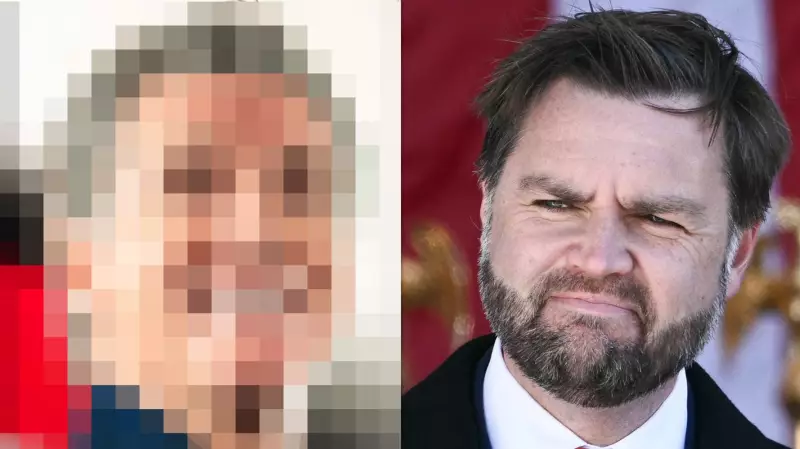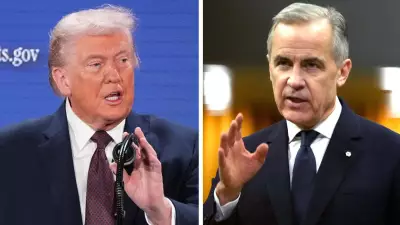
In a surprising early look at the 2028 political landscape, California Governor Gavin Newsom holds a significant advantage over Vice President JD Vance among a key demographic: young male voters. A recent poll conducted for a Republican organization reveals Newsom's potential appeal in a future presidential contest.
Polling Details and Key Findings
The survey, carried out in late October by TIPP Insight in collaboration with the League of American Workers, asked 2,100 registered voters aged 18 to 25 about their preferences. This group included a specific sample of 1,300 young men. When presented with a hypothetical 2028 presidential election between Vice President JD Vance and Governor Gavin Newsom, the results were telling.
Thirty-eight percent of the young men surveyed selected the California governor, while 33 percent indicated they would rather vote for Vance. Fifteen percent of respondents preferred someone else, and an additional 15 percent said they were unsure of their choice.
Trump Voter Loyalty and Broader Political Context
Delving deeper into the data reveals interesting loyalty patterns. Among men who voted for Donald Trump in the 2024 presidential election, 67 percent said they would support Vance, his current vice president. However, 14 percent of this same Trump-voting group expressed a preference for Newsom, indicating some potential crossover appeal.
This poll emerges amidst growing speculation that both politicians are positioning themselves for a 2028 White House bid. Newsom admitted to CBS in October that he has seriously considered a run, while former President Trump has publicly mused that a ticket with Vance and Secretary of State Marco Rubio would be "unstoppable."
Outreach Strategies and Party Backlash
The dynamics of reaching young voters are central to this story. Last year, The Associated Press reported that more than half of men under 30 supported Trump in the 2024 election, a trend partly attributed to his campaign's effective use of non-traditional media like podcasts.
Governor Newsom has fully embraced this modern approach to connect with new supporters, routinely using social media to criticize Trump and his allies. However, his strategy has not been without controversy. Newsom faced backlash from members of his own party for appearing on podcasts hosted by right-wing figures such as Charlie Kirk and Steve Bannon.
Defending his actions, Newsom told The Hill that the reaction was "Exhibit A of what I feel is wrong right now with my party: an unwillingness to even engage on a platform, to listen." This highlights the ongoing debate within the Democratic Party about how best to engage with opposing viewpoints and broaden its electoral coalition.





